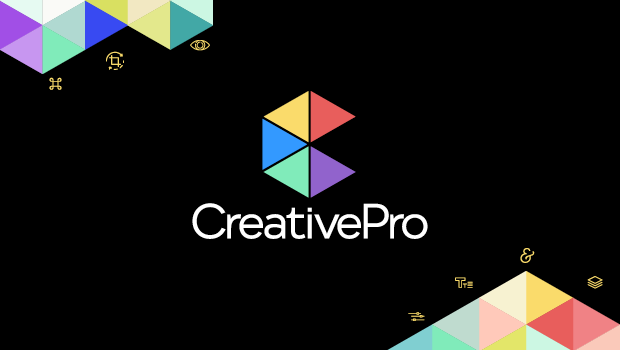The Art Institute Online Launches Bachelor's Degree Program in Media Arts & Animation

The Art Institute Online (www.aionline.edu), a division of The Art Institute of Pittsburgh, has launched a Bachelor of Science degree program in Media Arts & Animation (MAA). With classes beginning on November 10, 2005, registration for the new program, which promotes the industry-related software technologies to keep abreast of current developments in the trade, is currently underway.
The 180-credit program is designed for both mid-career professionals seeking to advance in the workforce as well as students preparing for entry- level positions in related fields of 2-D and 3-D digital art and animation. The program begins by teaching core competencies in Drawing, Color Theory, Character Design and 2-D Principles for animation, followed by digital methods for creating hand drawn animation, 3-D modeling and animation as well as Editing and Compositing. After identifying personal strengths, advanced classes give students the opportunity to choose electives that will further develop their primary skills in advanced production techniques and in team projects.
"Online convenience makes this degree program a perfect alternative for those wishing to pursue or further their education in the creative and digital arts through current computer technology," said Hans Westman, academic department director, Media Arts & Animation, The Art Institute of Pittsburgh. "The courses are designed with input from professionals working in the field and are structured to impart the necessary skill sets required for future academic and/or professional success within Media Arts & Animation related disciplines."
The hands-on program encourages students to work with a comprehensive array of applications to produce high quality work. For example, students are required to work with 2-D and 3-D graphics programs to prepare and present a digital animation portfolio for graduation. The portfolio, in turn, provides, or compliments, work history essential to secure job interviews with key employers.
"We are really excited about offering the Media Arts & Animation program online," said Sharon McGuire, Online Program Director, The Art Institute Online. "Many graduates of our campus-based MAA program (which has been available to on-ground students of The Art Institutes for several years) have gone on to work for leading employers in the field."
According to the U.S. Department of Labor’s 2004-2005 Occupational Outlook Handbook, employment of artists and related workers is expected to grow approximately 15 percent through the 2012. The need for artists to illustrate and animate materials for magazines, journals, and other printed or electronic media will spur demand for illustrators and animators of all types. Moreover, growth in motion picture and video industries will provide new job opportunities for illustrators, cartoonists, and animators.
The Media Arts & Animation curriculum will also be offered via traditional on-ground coursework at The Art Institute of Pittsburgh. Courses will be offered at the campus beginning November 10, 2005.
About The Art Institute Online
The Art Institute Online, a division of The Art Institute of Pittsburgh, delivers education in the creative arts through the Internet, extending the opportunity for learning to all students desiring classes by eliminating geographic, lifestyle, or physical constraints. With online courses designed using the same curriculum delivered on ground through The Art Institute of Pittsburgh, The Art Institute Online offers associate’s and bachelor’s degree programs in Graphic Design and Interactive Media Design; bachelor’s degree programs in Advertising, Fashion & Retail Management, Game Art & Design, Interior Design, and Media Arts & Animation; a bachelor’s degree completion program in Culinary Management; and diploma programs in Digital Design, Residential Planning, and Web Design. For more information about The Art Institute Online, call 1-877-872-8869 or visit www.aionline.edu.
This article was last modified on January 3, 2023
This article was first published on October 13, 2005
Commenting is easier and faster when you're logged in!
Recommended for you

Scanning Around With Gene: The Breck Girls
I was at my local Dollar Store the other day stocking up on cheap wrapping paper...

How to Remove People and Objects From Photos in Photoshop
Learn how to remove unwanted people and objects from photos using Photoshop’s to...

QuarkXPress Server 9 Enables Hosted Services
Press Release Quark announced QuarkXPress Server 9, the new version of Quark’s h...




